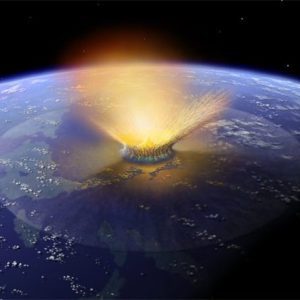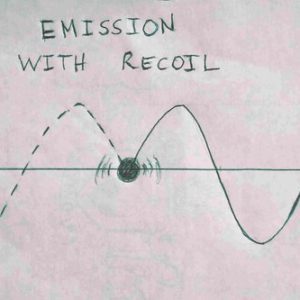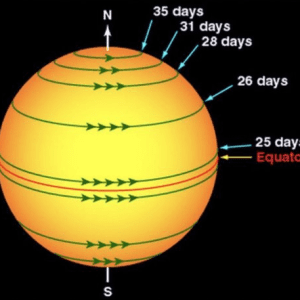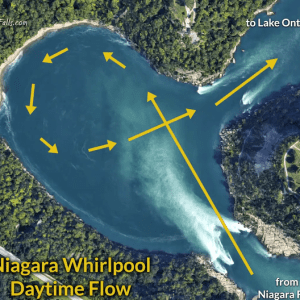Here’s the thing, If you travel to the next galaxy at the speed of light YOU will arrive instantaneously
- YOU will arrive instantaneously because time will dilate
- An observer (say on Earth) will see the journey taking a long, long time
If you travelled FASTER than light .. if were possible .. in some reference frames you’d be going backwards in time. Not just arriving early, but potentially arriving before you left. It leads to paradoxes: you could arrive in time to stop yourself from leaving, which then means you never went, which means you couldn’t have arrived, which means .. well, you see the problem.

Not in just a few seconds, no. The nearest galaxy is the Canis Major Dwarf Galaxy, which is 25,000 ly away. At 1 billion times light speed we would be able to get there 13 minutes, or 788 seconds.
The Andromeda Galaxy, the nearest big galaxy, is 2.537 million ly away. At 1 billion times the speed of light it would still take 22 hours, or about 80,000 seconds, to make that trip.
To clarify things as these points have been raised in comments: this question’s premise is IF we could go FTL.
In order to go FTL we either have to break General Relativity or circumvent it by not moving through conventional spacetime. Of course no one knows if this is possible and it probably isn’t but the PREMISE of the question is that it IS.
And that means that considerations like time dilation or infinite energy requirements to approach lightspeed are irrelevant to this scenario, because those are consequences of General Relativity and to go FTL you already have to break or circumvent GR. You solve these issues the instant you figure out your FTL drive system. And what will actually happen to your flow of time or your energy requirements will depend on exactly how your FTL drive breaks GR and could basically be anything, as that can not be in any way predicted from known science.
Okay people. You need to learn to read. Any and all subsequent comments about Relativity making FTL travel impossible or resulting in infinite energy requirements of making time stand still will be deleted as soon as I see them.






